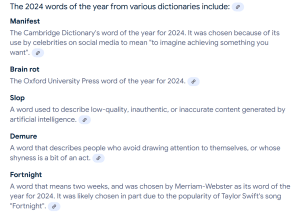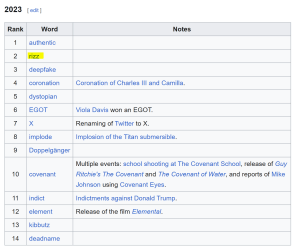ELA B30 Ap 27/17 Watching Hamlet – film/tv/live choices
We’re reading and performing the play Hamlet together as a class, and many of you are doing a wonderful job of injecting some personality and character into your performances of your roles, versus simply reading out lines. It’s important, too, to watch it performed by actors who have studied it and have their own interpretations of how the characters would behave.
Remember, Hamlet is meant to be viewed as a live performance.
There are several options below for watching a multimedia version of Hamlet. Things to consider in making your choice:
- They are of different lengths, so if you choose one that’s longer, you may be committing to finishing viewing it at home on your own personal time. It also might be that you would enjoy the longer one more, so it’s worth that extra commitment to you.
- The play was intended to be performed live. Watching the live performance may seem more authentic to how it would have been originally received in Shakespeare’s time. And Benedict Cumberbatch is a pretty animated looking Hamlet.
- You may prefer one actor over another. Kenneth Branagh and Mel Gibson are both well known for their portrayals of Hamlet, though one happens in a more recent modern setting and the other happens in a more medieval castle type setting. Lots will go into your choice.

Enjoy, though! This should only reinforce what we’ve already been reading together of the play.
And note: I’m encouraging you to watch in your video choice only as far as we have currently read. If you watch beyond that, you’ll still follow along with us in our performance of the play in class.
Performed January 2017 – Benedict Cumberbatch as Hamlet, performed on stage in front of live audience but with moving cameras. This is a great production to watch, because you can hear the audience laugh during the comedy lines. It was recorded and broadcast to Movie Theaters across the UK.


